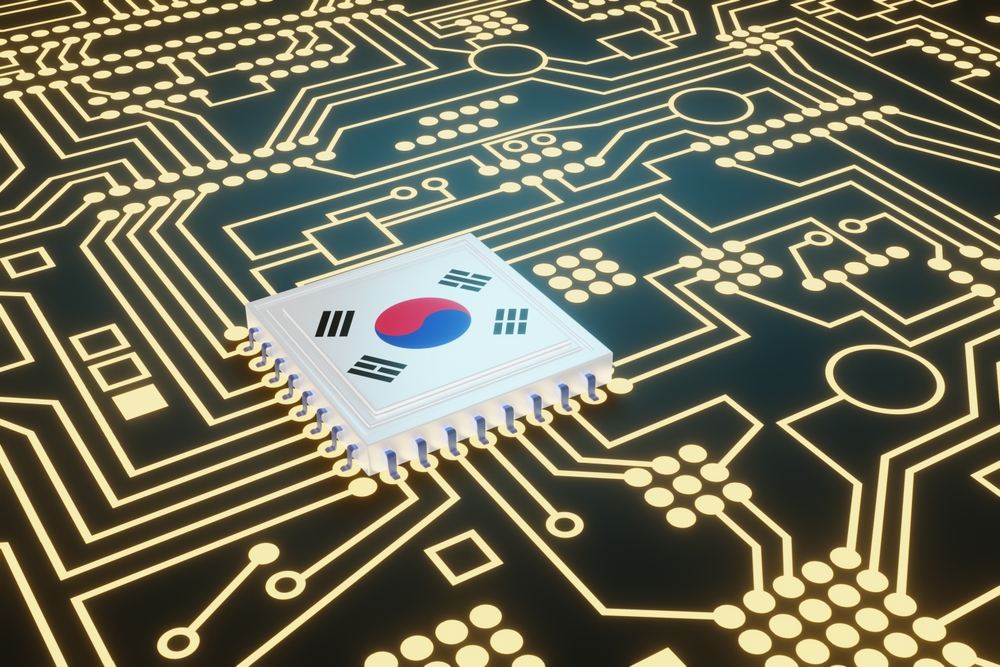South Korea will provide 14 trillion won ($10 billion) in low-interest loans next year to support its chip industry, according to the finance ministry. This initiative, designed to counter growing competition from China and uncertainties surrounding U.S. trade policies under a potential Trump administration, aims to secure South Korea’s position in the global semiconductor market.
The funds, distributed through state-run banks, will include 1.8 trillion won specifically allocated for building power transmission lines at a new high-tech chip complex. The complex, located in Yongin and Pyeongtaek, south of Seoul, is set to be the world’s largest semiconductor manufacturing cluster, attracting chip equipment makers and fabless companies.
Addressing Industry Challenges
South Korea’s semiconductor giants, Samsung Electronics and SK Hynix, face mounting pressure as China’s chip sector advances rapidly. Compounding the challenge, potential policy shifts in the United States, including changes to the Inflation Reduction Act and the Chips and Science Act, could reduce investment incentives in the U.S.
The ministry highlighted concerns about broader tariffs and global trade uncertainties if former President Donald Trump returns to office. Trump has proposed imposing a 25% tariff on all goods from Mexico and Canada and an additional 10% tariff on Chinese imports, citing concerns over illegal immigration and drug trade.
Government Commitment
“The government plans to mobilize all available resources and actively support companies in overcoming the industry’s crisis and achieving a renewed leap forward,” the ministry said.
South Korea’s chip industry, though a leader in memory chip production, lags behind competitors in areas like chip design and contract manufacturing. Rising competition from Chinese rivals has already affected major players, with Samsung Electronics reporting a hit to its third-quarter earnings last month due to increased supplies of traditional chips from China.
This loan program represents South Korea’s strategic effort to safeguard its semiconductor industry and strengthen its global competitiveness amid a volatile international trade landscape.
Some industry observers view South Korea’s $10 billion loan initiative as a necessary yet reactive measure to safeguard its semiconductor dominance. While the funding could provide critical relief and infrastructure support for chipmakers, experts argue that the government must also focus on fostering innovation in chip design and advanced manufacturing techniques. Without addressing these gaps, South Korea risks being outpaced by competitors in the increasingly diversified global semiconductor landscape. Balancing immediate financial support with long-term strategy will be key to ensuring sustained competitiveness.










